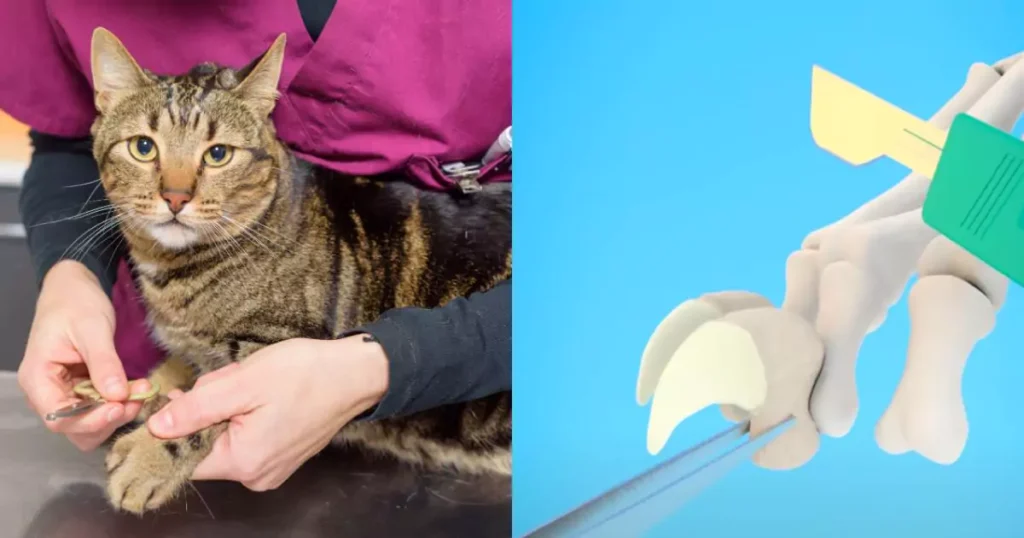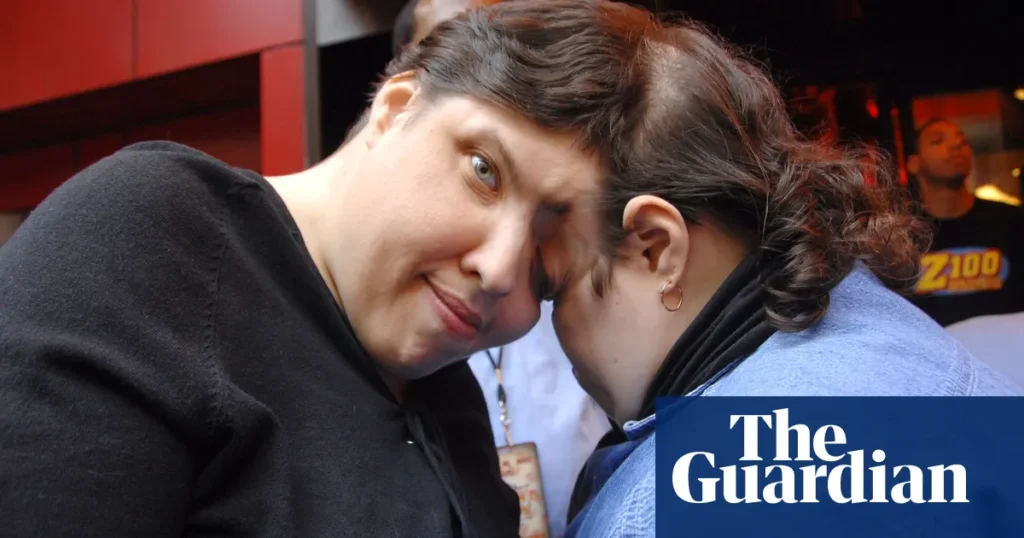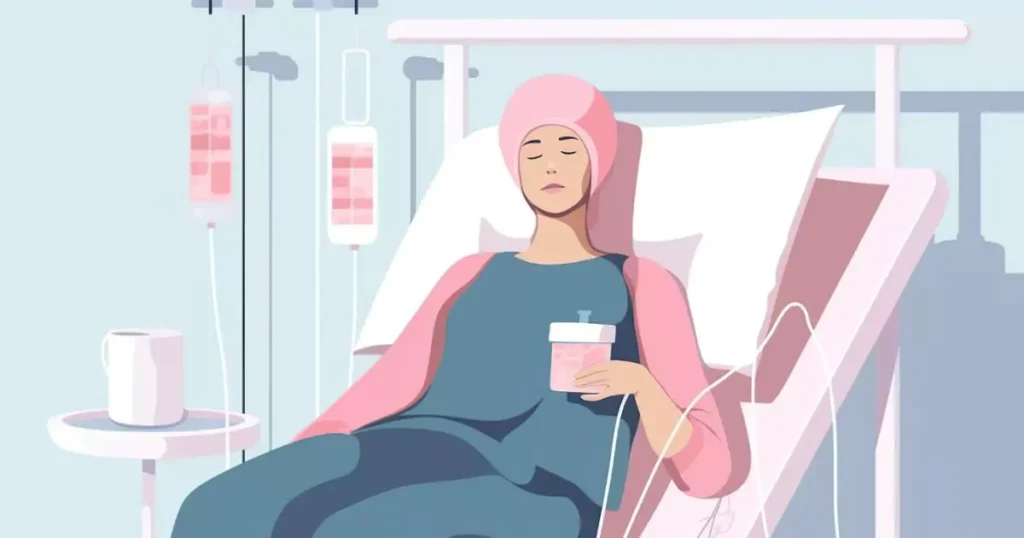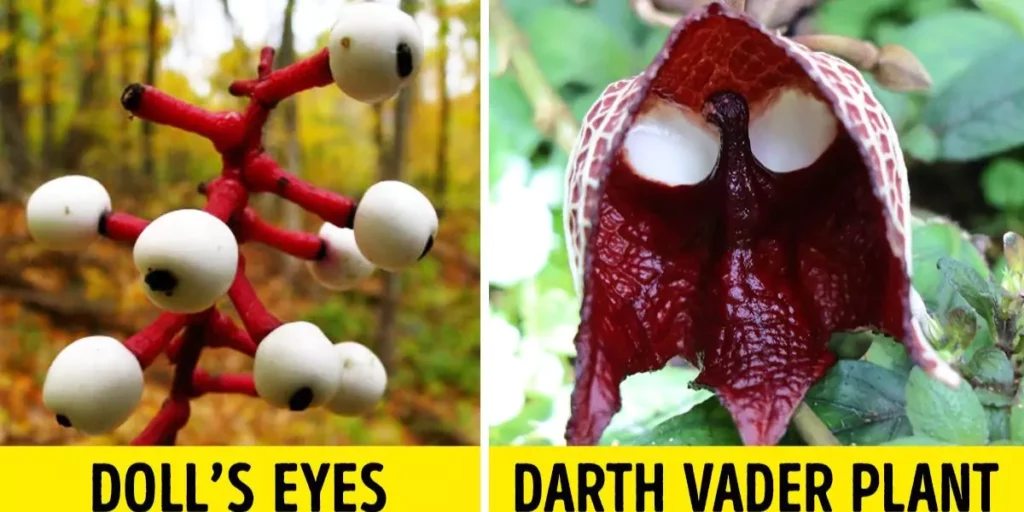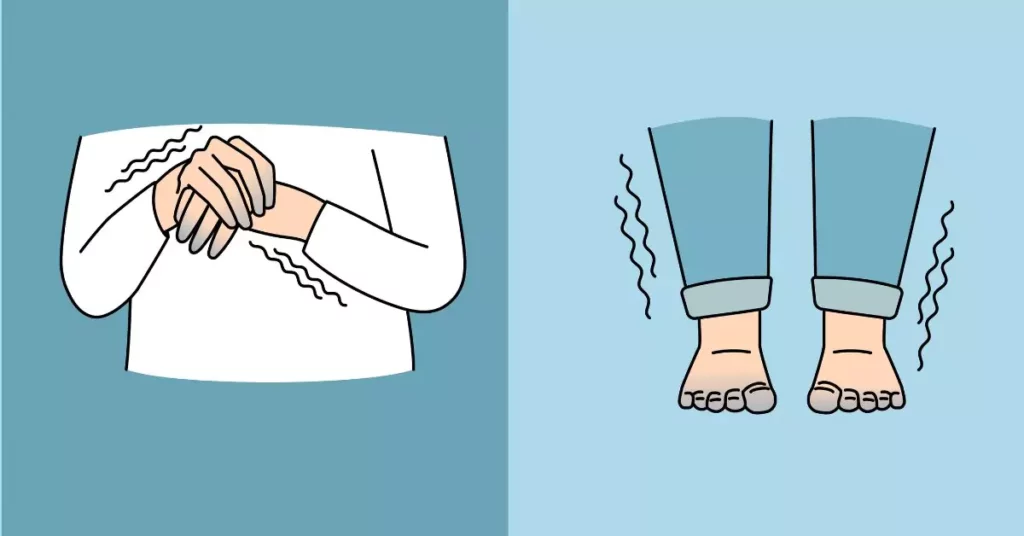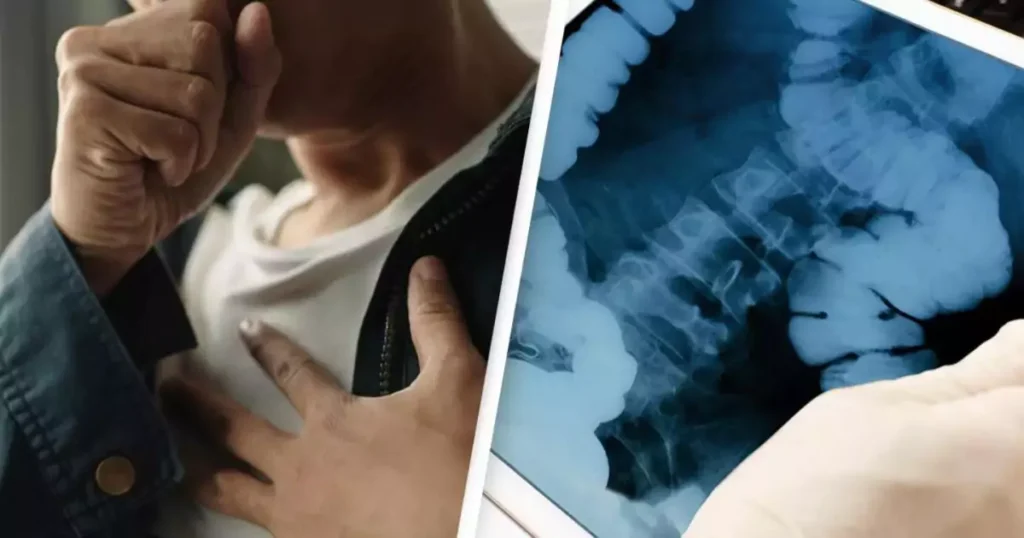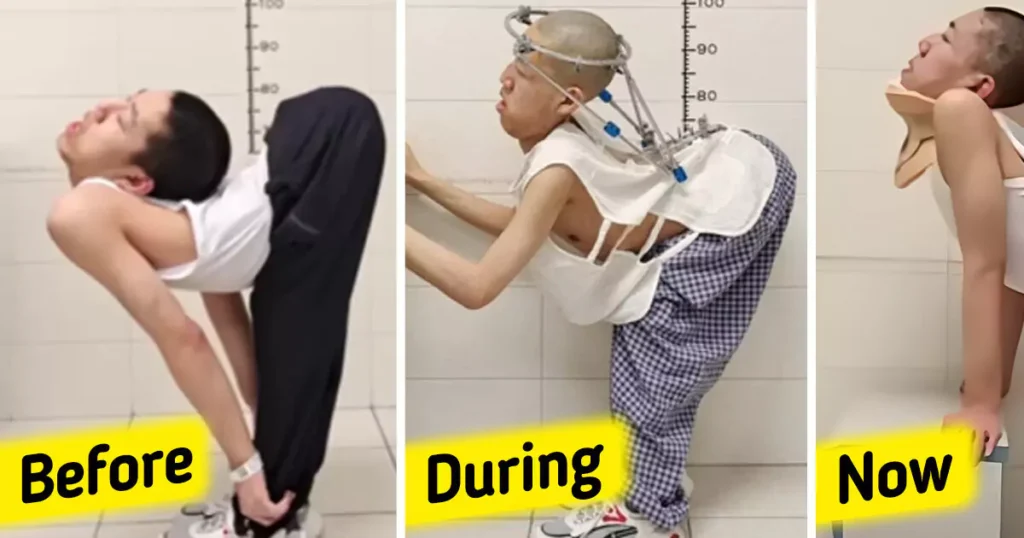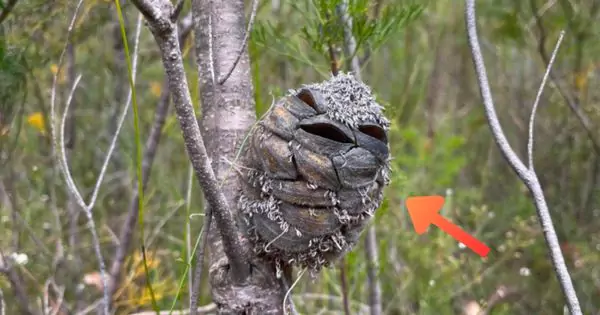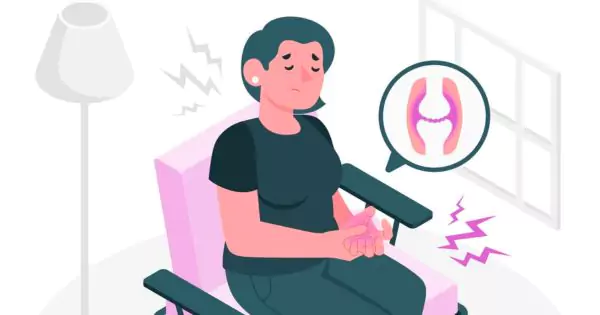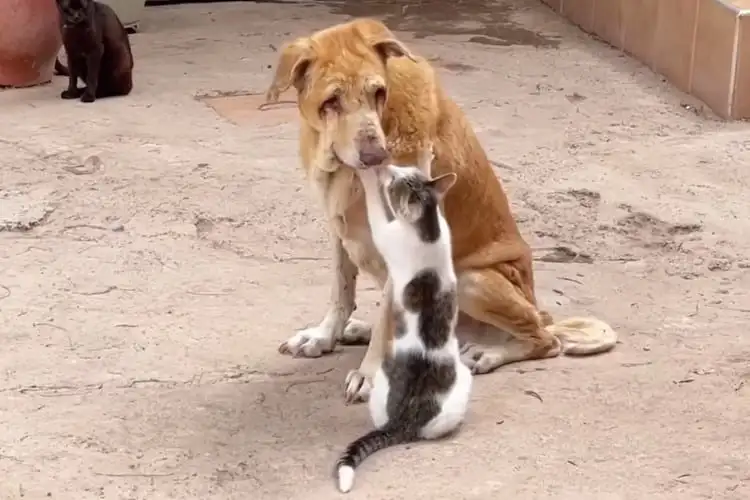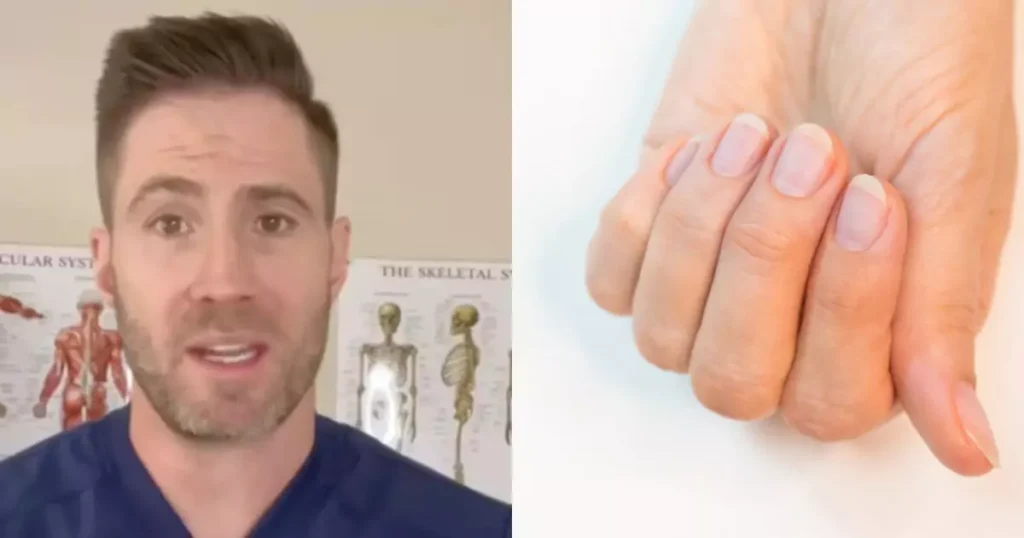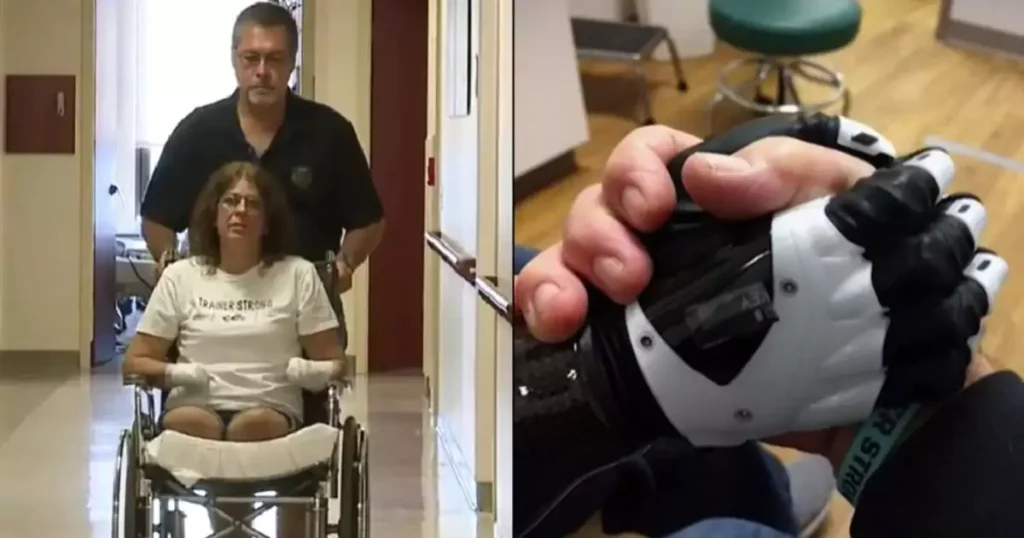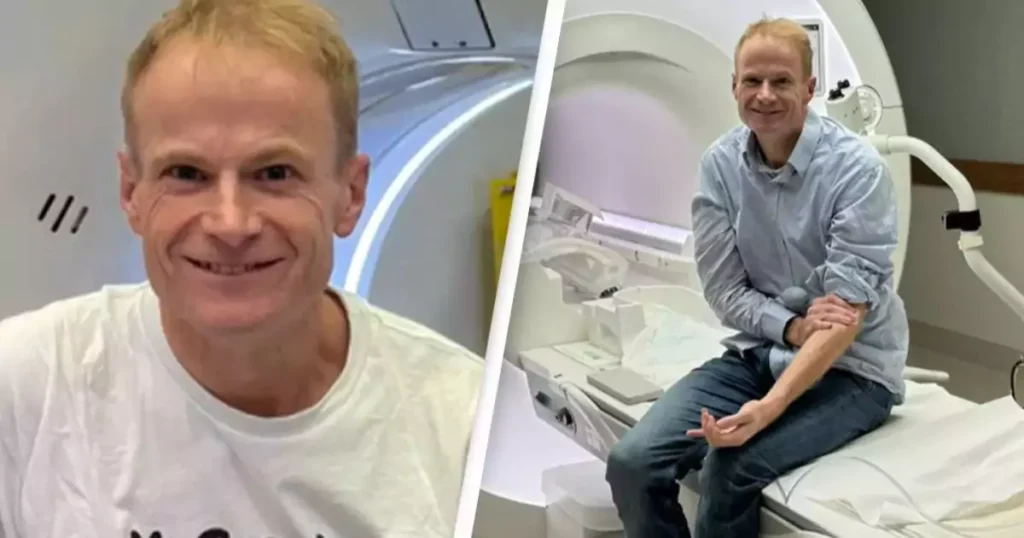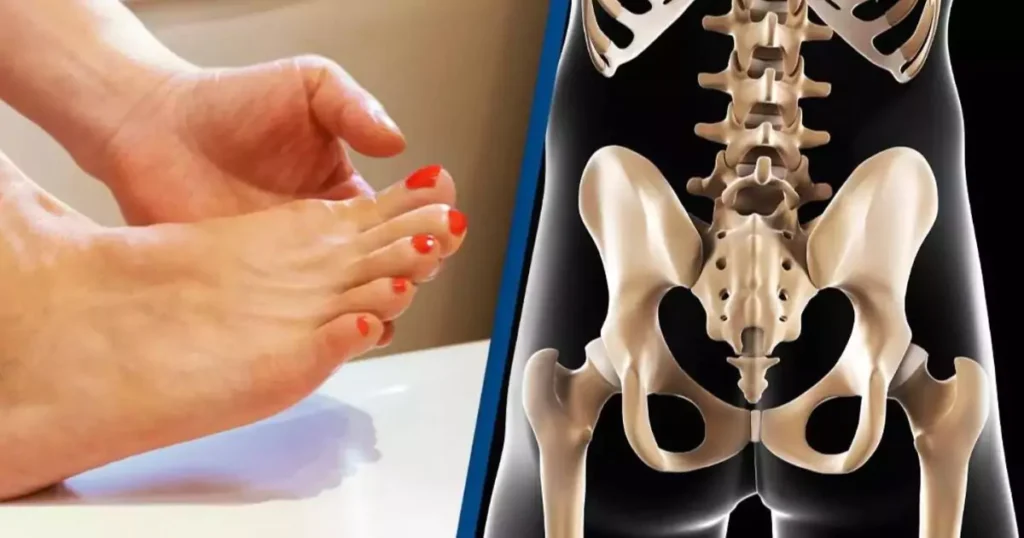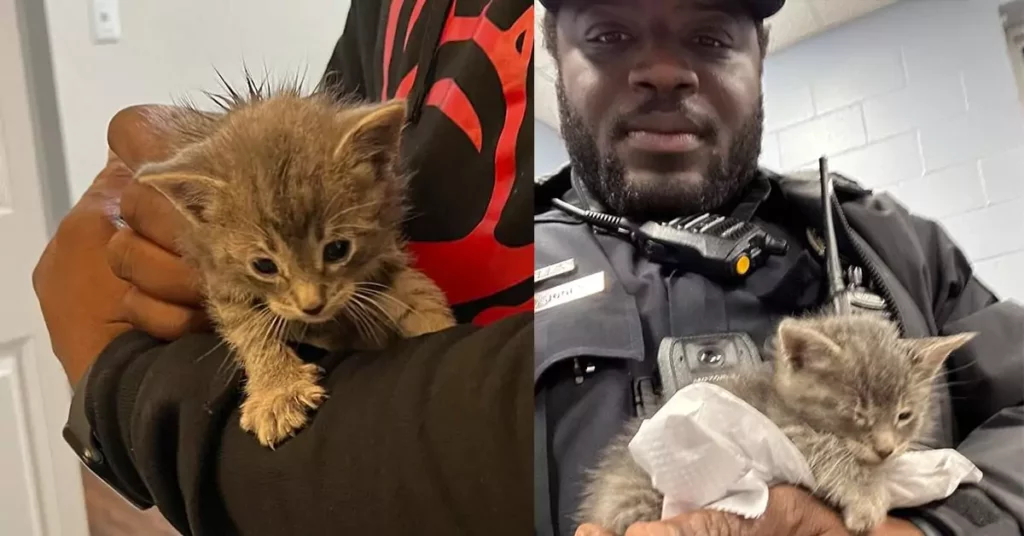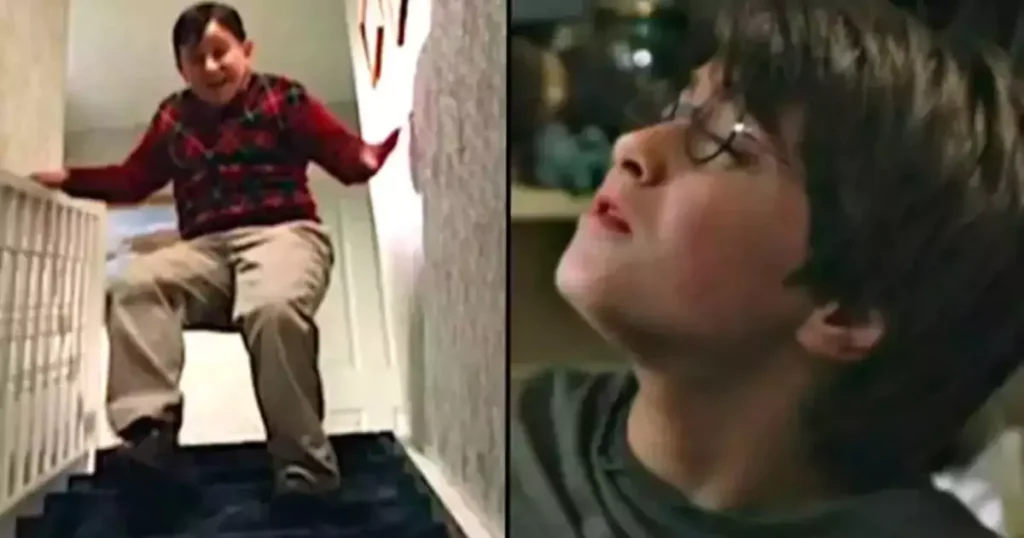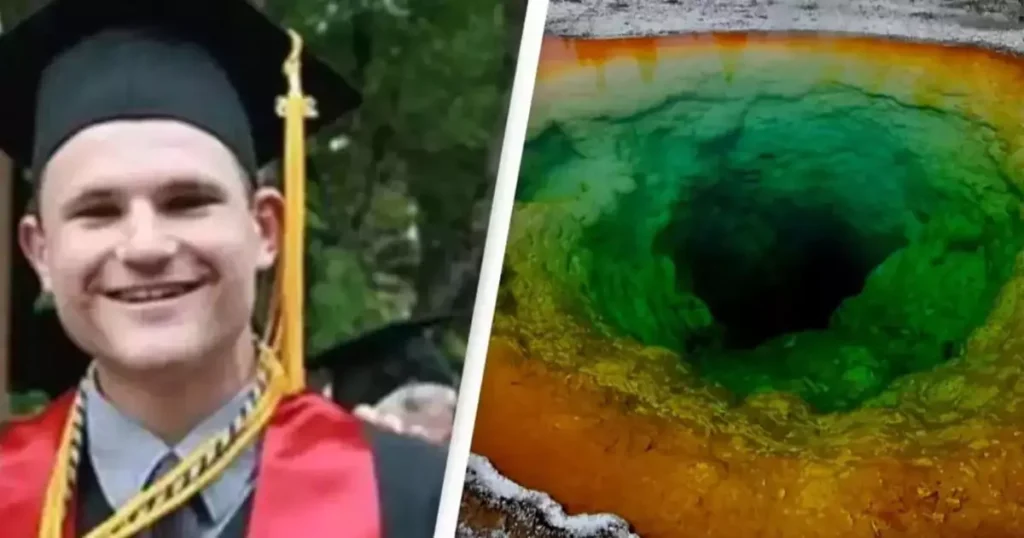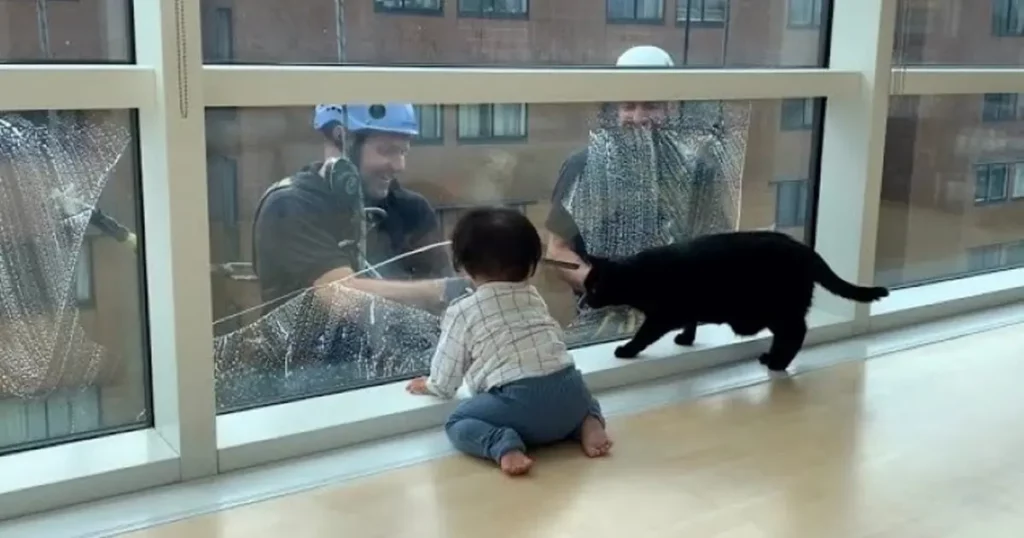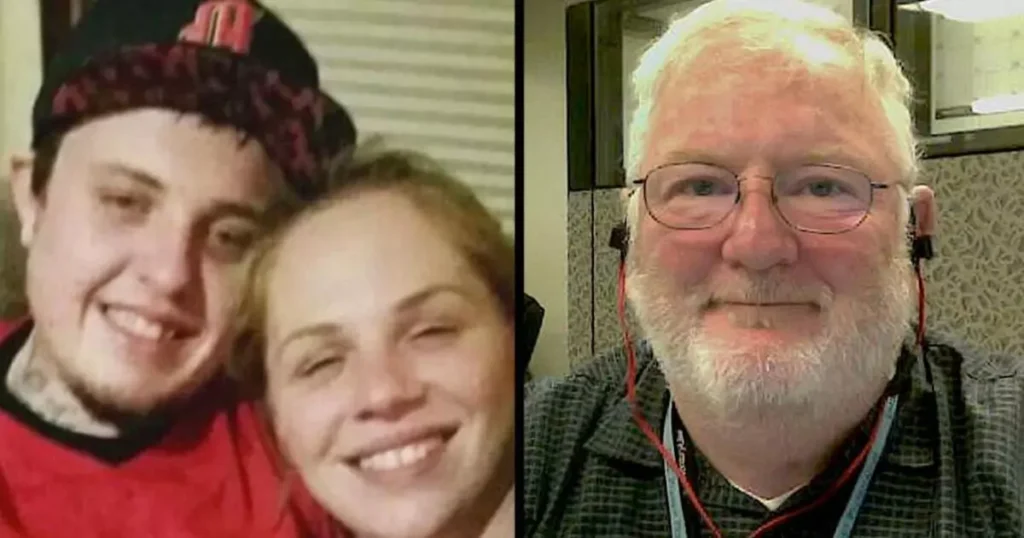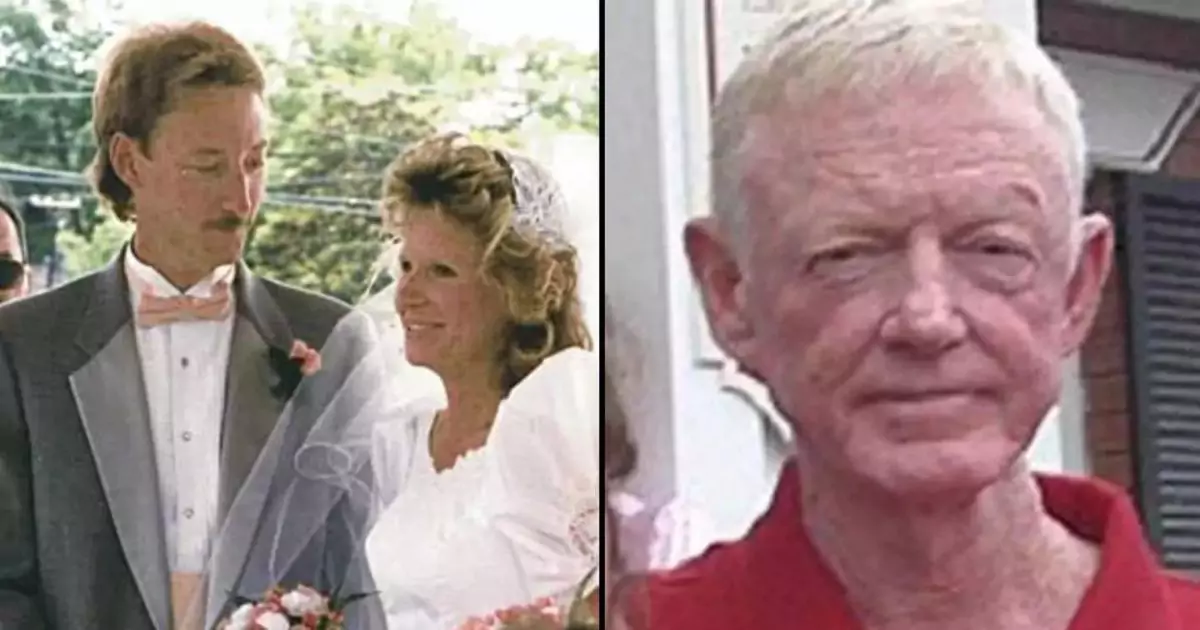
Organ transplants can be life-saving miracles, but in some cases, they come with eerie coincidences that defy explanation. One such case is that of Sonny Graham, a man who received a heart transplant from Terry Cottle, a man who died by suicide in 1995. Astonishingly, after the transplant, Sonny began to live a life that mirrored his donor’s, from food preferences to relationships—and even to his own tragic end.
In this article, we will explore the extraordinary story of two men whose lives and deaths became inexplicably intertwined after a heart transplant. We’ll delve into the science behind cellular memory, common questions surrounding organ transplants, and provide insights on how this case sheds light on a rare but fascinating phenomenon.
Terry Cottle’s Life and Death
In 1995, Terry Cottle, a 33-year-old man from South Carolina, tragically ended his life by shooting himself in his bathroom. After four days in the hospital, his life support was switched off, and his organs were donated. One of the recipients of these donations was Sonny Graham, a 57-year-old Georgia man suffering from congestive heart failure. Terry’s heart became Sonny’s lifeline.

But Sonny’s life would soon begin to resemble Terry’s in surprising ways. After his successful heart transplant surgery, Sonny began noticing some significant changes in his tastes, behaviors, and even relationships.
A New Heart, A New Life
Not long after the transplant, Sonny developed a newfound fondness for beer and hot dogs—two of Terry’s favorite indulgences. But it wasn’t just his taste in food that changed. Friends and family noted that Sonny became increasingly restless, as though he had taken on some of Terry’s characteristics.
These changes, although peculiar, didn’t raise significant concern at first. In fact, a year after his transplant, Sonny expressed a deep desire to connect with the family of his donor. He sent a letter to Terry’s widow, Cheryl Cottle, to thank her for the generous gift of life. What followed was a series of eerie parallels between Sonny’s new life and the life Terry had left behind.
A Surreal Connection Sonny Meets Terry’s Widow
In January 1997, Sonny and his wife met Cheryl for dinner. This meeting would profoundly change the course of Sonny’s life. He later admitted that he “fell in love with her the first time they met” and couldn’t take his eyes off her. Just a few months later, Sonny attended Cheryl’s wedding to her new husband, even walking her down the aisle.
But the connection between Sonny and Cheryl only grew stronger. Over the next few years, Cheryl’s marriage ended, and Sonny’s 38-year-long marriage also crumbled. In 2001, Sonny and Cheryl moved in together, and by 2004, they were married—meaning Sonny had married the widow of the man whose heart now beat in his chest.
Can Organ Transplants Transfer Characteristics?
The strange similarities between Sonny and Terry’s lives have led many to wonder whether organ transplants can affect more than just physical health. The phenomenon, often referred to as “cellular memory,” suggests that organs, particularly the heart, might retain some memory of the donor’s experiences, preferences, or behaviors.
While the scientific community remains divided on this issue, several documented cases of organ transplant recipients reporting changes in personality, tastes, and habits lend credence to the idea. Researchers theorize that organs like the heart, rich in neurons and connected to the brain via the vagus nerve, might carry emotional and behavioral imprints from the donor.
However, these theories remain speculative, and more research is needed to definitively link organ transplants to personality changes. What’s undeniable in Sonny Graham’s case is the profound emotional and psychological transformation he experienced after receiving Terry Cottle’s heart.
Sonny’s Death Mirrors His Donor’s Fate
In a heartbreaking twist of fate, Sonny’s life ended in the same tragic manner as Terry’s. On April 1, 2008, Sonny Graham died by suicide in his home, leaving behind the same wife who had been married to Terry. The eerie similarities between their lives and deaths left those who knew them both stunned, describing it as “mind-boggling and heartbreaking all at once.”
The story of Sonny and Terry continues to captivate people around the world, raising important questions about the mysteries of life, death, and the impact of organ transplants.

Common Questions About Organ Transplants and Cellular Memory
1. Can Organ Transplants Really Transfer Traits from Donor to Recipient?
While some transplant recipients report changes in personality, preferences, or habits, there is no conclusive scientific evidence to support the theory of cellular memory. Most experts believe that these changes are more likely psychological or coincidental. However, the stories of people like Sonny Graham keep the discussion open for further research.
2. What Are the Psychological Effects of Organ Transplants?
Undergoing an organ transplant is a life-changing experience, both physically and emotionally. Many recipients feel a deep connection to their donor and may develop emotional or psychological responses to their new organ. It’s also common for recipients to experience changes in mood or mental health due to the trauma of their illness and recovery process.
3. How Common Are Personality Changes After Transplants?
Personality changes after organ transplants are not very common. However, some recipients do report changes in tastes, preferences, and emotional responses. These changes are often temporary and may be related to the medications taken post-transplant or the psychological adjustment to a new lease on life.
Safety Tips for Organ Transplant Recipients
While the science behind cellular memory is still under debate, recipients of organ transplants should be aware of both the physical and emotional challenges that can arise. Here are some practical tips for those preparing for or recovering from an organ transplant:
- Follow Medical Advice Strictly: Transplant recipients must take immunosuppressant medications and attend regular follow-up appointments to prevent organ rejection.
- Seek Mental Health Support: The emotional toll of receiving a new organ can be overwhelming. Recipients are encouraged to seek therapy or counseling to navigate the psychological challenges of post-transplant life.
- Maintain a Healthy Lifestyle: Taking care of the body with proper nutrition, exercise, and sleep is crucial for transplant recipients to ensure the longevity of the donated organ.
- Connect with Support Groups: Engaging with others who have experienced transplants can provide emotional support and valuable insights into navigating post-transplant life.
- Stay Informed About Donor Information: Some recipients, like Sonny Graham, find peace and closure in connecting with the donor’s family. However, it’s essential to be prepared for the emotions that can arise from these interactions.
A Possible Explanation for Sonny Graham’s Story
The eerie similarities between the lives of heart transplant recipient Sonny Graham and his donor, Terry Cottle, have puzzled many. Some experts suggest that this phenomenon could be explained by the theory of Epigenetics. This theory posits that life experiences—such as trauma, preferences, and behaviors—can alter gene expression and may even be passed down through generations or transferred through organ transplants.
Epigenetics suggests that inheritable traits acquired over a lifetime might be carried in a person’s genes. In Sonny’s case, it’s theorized that receiving Terry’s heart might have transferred some of these traits. This could explain why Sonny developed a taste for Terry’s favorite foods, formed a connection with Terry’s widow, and ultimately met the same tragic fate as his donor.
While the scientific community is still studying the full extent of epigenetics, there are several documented cases of transplant recipients adopting the preferences and habits of their donors. This adds a layer of mystery to the concept of organ transplants, suggesting that more than just the physical organ may be passed on.
For example, some transplant recipients have reported gaining new interests or abilities, such as a man who developed a love for classical music after receiving a heart transplant, or a woman who could complete lyrics her donor had written. These cases lend weight to the idea that our genetic code may carry more of our personal experiences than we realize. However, proving the mechanisms behind these changes remains elusive, and more research is needed to fully understand epigenetics.
This theory, along with stories like Sonny’s, invites us to reconsider how interconnected our bodies, minds, and even the lives of others might be after organ transplants.
@mrcultdaddy The human body is wild. Epigenetics is wild. This will never not be interesting to read #organtransplant #cellularmemory #epigenetics ♬ Last Hope – Steve Ralph
A Story of Life, Death, and Unexplained Connections
The tragic story of Sonny Graham and Terry Cottle is both haunting and thought-provoking. It brings to light the mysteries surrounding organ transplants and raises questions about how deeply connected we are to our bodies—and perhaps even to the lives of others.
While science continues to explore the phenomena of cellular memory and post-transplant transformations, stories like Sonny’s remind us of the delicate and complex nature of life. By sharing these experiences, we can better understand the emotional, psychological, and spiritual journeys that follow a life-saving transplant.
If you’re interested in learning more about the fascinating world of organ transplants and their emotional and psychological effects, subscribe to our newsletter. Get the latest stories, insights, and research updates delivered straight to your inbox.









